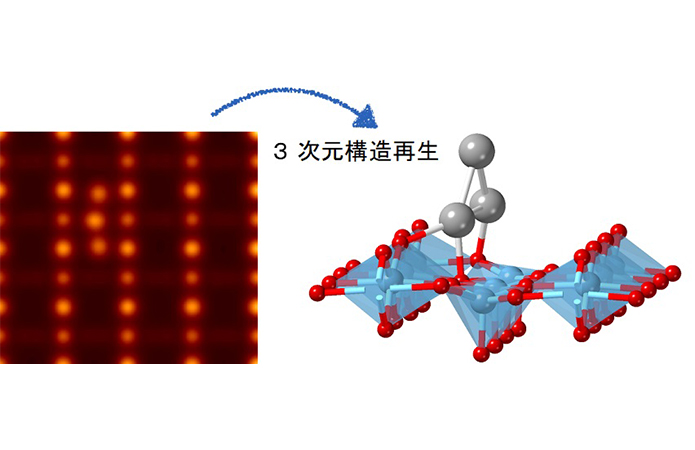Share this
Authors
Takahiro Oda, Jun’ya Takakura, Longlong Tang, Toshichika Iizumi, Norihiro Itsubo, Haruka Ohashi, Masashi Kiguchi, Naoko Kumano, Kiyoshi Takahashi, Masahiro Tanoue, Makoto Tamura, Qian Zhou, Naota Hanasaki, Tomoko Hasegawa, Chan Park, Yasuaki Hijioka, Yukiko Hirabayashi, Shinichiro Fujimori, Yasushi Honda, Tetsuya Matsui, Hiroyuki Matsuda, Hiromune Yokoki, and Taikan Oki
Abstract
What will be the aggregated cost of climate change in achieving the Paris Agreement, including mitigation, adaptation, and residual impacts? Several studies estimated the aggregated cost but did not always consider the critical issues. Some do not address non-market values such as biodiversity and human health, and most do not address differentiating discount rates. In this study, we estimate the aggregated cost of climate change using an integrated assessment model linked with detailed-process-based climate impact models and different discount rates for market and non-market values. The analysis reveals that a climate policy with minimal aggregated cost is sensitive to socioeconomic scenarios and the way discount rates are applied. The results elucidate that a lower discount rate to non-market value—that is, a higher estimate of future value—makes the aggregated cost of achieving the Paris Agreement economically reasonable.
Environmental Research Letters: https://iopscience.iop.org/article/10.1088/1748-9326/accdee
These Related Stories

